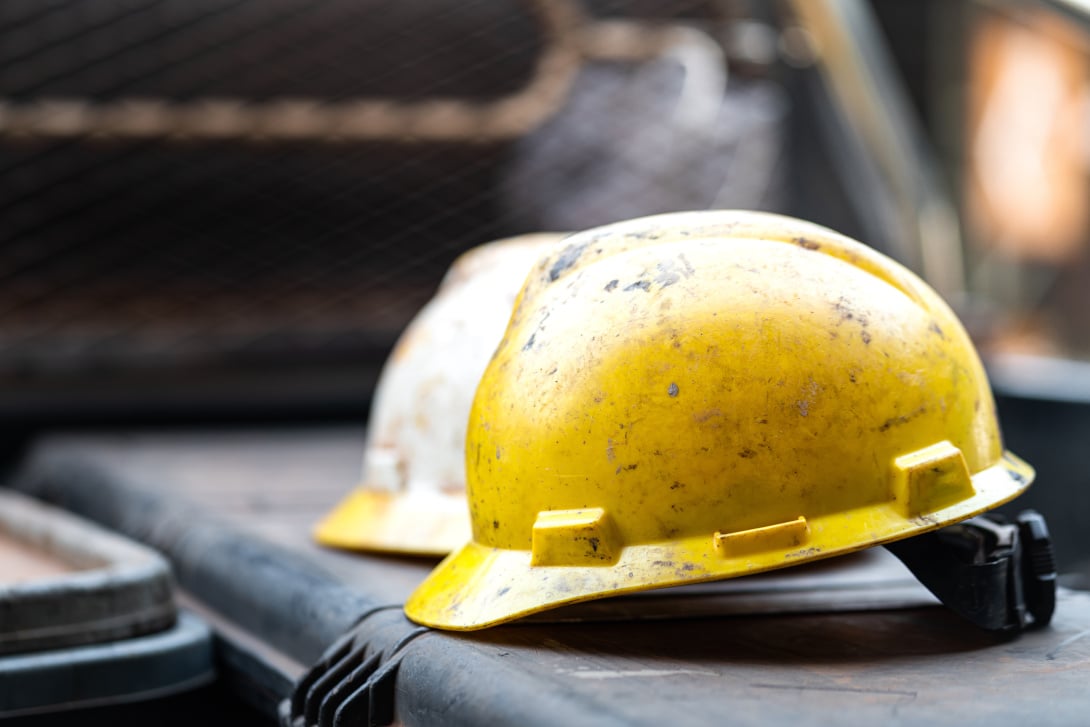
Myth #2 about trade work: it’s dirty and dangerous
Service work is a lot different than new construction.
It’s a half-truth that the work of the trades is dirty and dangerous. A construction project is fascinating to watch, which is why big job sites usually have a fenced-off area with peep holes for onlookers. If you’ve ever poked your head into one of those peep holes you could see with your own eyes that dirt and grime go with the territory. And it’s obvious why construction workers wear hard hats and safety glasses amid swinging cranes, falling debris so many other potential hazards. Yes, construction work ranks among the most hazardous occupations.
Now for the other half of the truth: First, construction work has gotten a lot safer than it used to be. Insurance companies have seen to that. Insurers like to collect premiums much more than they enjoy paying claims so they mandate various safety practices for the contractors they insure. Contractors with a bad safety record have to pay sky-high premiums and the worst among them may find it impossible to obtain insurance at any price.
Second, construction is only half of the trade work equation. Many trade workers gravitate toward the service sector, where the work is cleaner and less dangerous than working on a large construction project. These are the plumbers, electricians and HVAC technicians that you call when your toilet stops flushing, your circuits get overloaded or your air conditioning breaks down during a heat wave.
Many of the top firms in the service trades provide clean uniforms for their technicians – even white shirts. This is not to say they never encounter grunge on the job. Plumbers certainly have to deal with filth on some of their service calls and HVAC emergencies may require technicians to work in extreme heat or cold. However, on most days service trade workers will never get their uniforms soiled and work-related injuries are rare.
Top-notch trade service companies provide their workers with well-stocked trucks. This is so their service technicians don’t have to waste time going back and forth to the shop or a supply house for equipment and parts. Efficiency is a key to the ability of these companies to make money, and the more productive a service technician can be the greater is his or her earning potential. These service vehicles often have colorful signage that enables them to double as roving billboards to advertise the company’s services.
To be an effective service technician, you need more than technical ability. You must be a people person who makes customers comfortable welcoming you into their home. You need to be able to explain in plain language the work that needs to be done and how much it will cost. Some would describe this quality as salesmanship, though I think that’s misleading. More than a salesman’s gift of gab, what a skilled service technician needs is the ability to listen to customers and establish trust with them.
Many service technicians derive immense pride and satisfaction in their ability to solve problems for home owners. They build personal bonds that often lead the home owners to ask for them by name when they call their employer’s company.
If you are a people person who happens to be handy with tools, the service trades are for you.